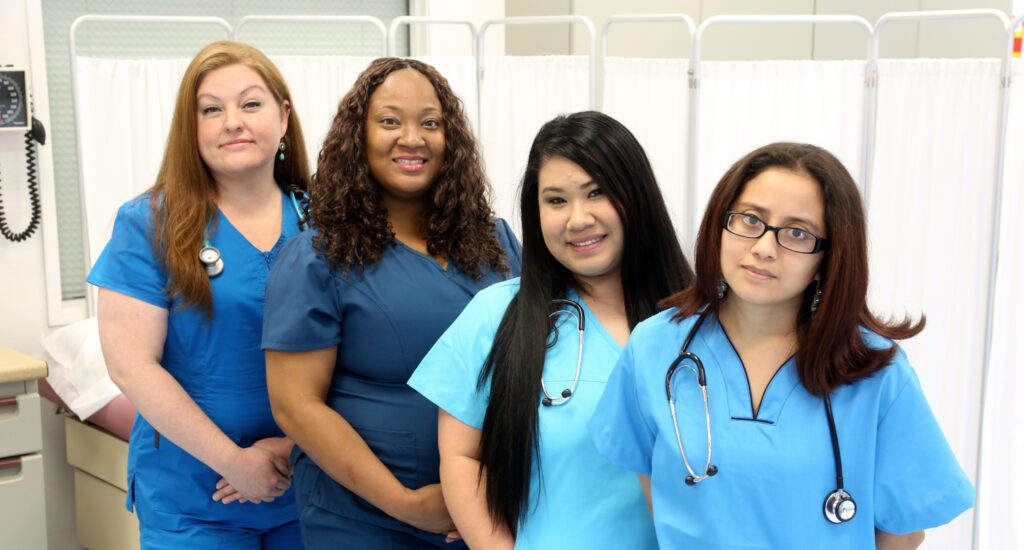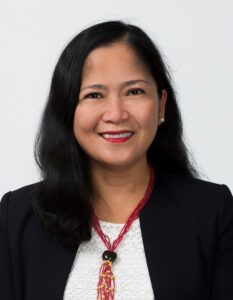
Migrant nurses need simpler visa requirements, better recognition of their skills and experience, and financial support to settle into New Zealand life and work.
These are the messages I gave in my oral address to the Education and Workforce Select Committee hearing on migrant exploitation in April.
I told MPs on the committee that I spoke to them as a skilled migrant nurse leader advocating for a better life for my fellow skilled migrant nurses.
I explained how important internationally qualified nurses (IQNs) are to New Zealand. They comprise three out of 10, or 31 per cent, of the 62,805 nurses practising in this country, as of March 31, 2021.1 This percentage has been increasing consistently over the years – proof that New Zealand’s nursing workforce is dependent on IQNs.
IQNs are important to New Zealand
Even the COVID-19 border closure did not stop IQNs from getting registered as nurses in New Zealand. Around 48 per cent (1850) of New Zealand’s new nurses between 2020 and 2021 were trained overseas.1 This is proof once again that migrant nurses helped prop up New Zealand’s health-care system when it was bombarded with challenges.
Aotearoa New Zealand does not train and retain enough nurses and so relies heavily on migrant nurses to provide quality care. However, if this country truly embraces diversity, inclusion, and equity, it must improve the way it treats migrant nurses.
Simplified visa category
Graduates of nursing programmes outside New Zealand are required to satisfy several requirements for registration here.2 We strongly appreciate that the Nursing Council has consistently consulted migrant nurses about some of these criteria.
Gaining a nursing qualification in New Zealand takes time, is costly and should be linked closely with immigration.3 Migrant nurses have long been clamouring for a business-as-usual simplified visa category that would allow them to find work immediately after gaining a qualification, instead of being stuck in immigration paperwork.
Is the bar too high?

Once a migrant nurse gains their qualification, another challenge is finding a job and obtaining recognition for their work experience. It is common to hear of migrant nurses who worked in senior nurse or charge nurse manager positions overseas being relegated to lower positions and salary scales here.
Take the case of Nurse S, a charge nurse manager in an endoscopy service in the Middle East with 15 years’ experience, who was relegated to a position that is one step higher than a new graduate nurse. Or the case of Nurse M, who was a university lecturer with a master’s degree and published research, who was relegated to the same position as Nurse S.
Is the bar too high? Are there double standards? Is the health service trying to save money at the expense of vulnerable migrants? If Aotearoa New Zealand truly embraces diversity, inclusion, and equity, then this form of exploitation has to stop.
In my submission, I said migrants should be recognised for the level of skills and work experience they bring in. A national standard recognising the level of skills and work experience of nurses should be drafted and implemented by all health employers.
Aged residential care and migrant nurses
It is common knowledge that the aged-care industry depends on migrant nurses and that there is a nursing shortage in aged care that existed before the pandemic. COVID-19 exacerbated the shortage because of the reduced number of migrant nurses entering the country. The effect of this shortage is an increased risk, not only to residents, but also to staff who are unable to provide quality care due to poor nurse to resident ratios.
Migrant nurses working in aged residential care are vulnerable to exploitation because their visa is tied to a single employer. Some of them may be employed as low-paid caregivers on the promise of support to complete a competence assessment programme (CAP) and then register with the Nursing Council.
‘Migrant nurses working in aged residential care are vulnerable to exploitation because their visa is tied to a single employer.’
However, some of them find that they do not have the capability to enrol in CAP because of cost and location. These nurses require a wrap-around settlement package to support them as they to settle in New Zealand.4 These migrant nurses also need to receive information about the Health and Safety at Work Act 2015 5 and about their right to join unions.
I asked MPs on the select committee to support migrant nurses by
-
- Simplifying visa requirements and processing.
- Drafting a national standard that would recognise the skills and work experience of migrant nurses, and having it implemented by all health-care employers.
- Funding a wrap-around settlement package for migrant nurses to ensure their success in settling into the health system and communities of Aotearoa New Zealand.
Monina Hernandez, RN, MN, CGNC, is a nursing lecturer at Massey University, Albany, and an infection prevention quality and risk manager at Counties Manukau District Health Board. She is a member of the Nursing Council, and a former director on the board of NZNO.
References
- Nursing Council of New Zealand (2021). 2021 Annual Report for the year ended 31 March.
- Nursing Council of New Zealand. (n.d.). Guidance for internationally qualified nurses.
- Hernandez, M. (2018). Protecting IQNs from exploitation. Kai Tiaki Nursing New Zealand, 24(9), 33.
- Hernandez, M. (2020). How to retain IQNs. Kai Tiaki Nursing New Zealand, 26(11), 35.
- New Zealand Nurses Organisation. (2022). Migrant Exploitation Inquiry (submission).



